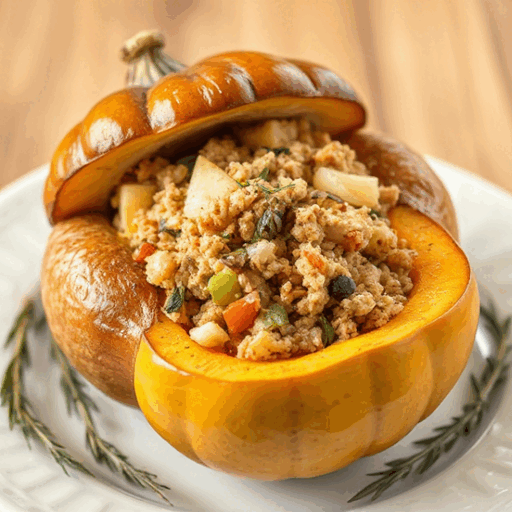What are the Collagen-rich foods?
Collagen is a body-produced fibrillar protein that gives elasticity and…

The shelves on the left represent what many of us turn to when health issues arise—antacids, decongestants, pain relievers, and antibiotics. While these tools can provide temporary relief, they often only address symptoms rather than the root causes of illness. Chronic reliance on medications can sometimes mask deeper imbalances, such as inflammation, nutrient deficiencies, or poor gut health.
What Leads to Sick Care?
Diets high in processed foods, sugar, and unhealthy fats lead to inflammation and weakened immunity. Stress, poor sleep, and lack of physical activity exacerbate imbalances, leaving the body vulnerable to illness. Ignoring early signs of imbalance, such as fatigue, bloating, or joint pain, until they evolve into bigger problems. Key Takeaway: Sick care may be necessary at times, but it’s often a signal to reassess lifestyle habits and focus on long-term health strategies.
Health Care: Nourishing the Body for Prevention
On the right, we see shelves filled with colorful, nutrient-dense foods like leafy greens, berries, citrus fruits, avocados, and nuts—ingredients known for their anti-inflammatory, antioxidant, and immune-boosting properties.
Why Whole Foods Matter:
Antioxidants: Fruits and vegetables are packed with vitamins like C and E, which fight free radicals and reduce inflammation. Fiber: Supports gut health and detoxification, promoting digestion and immune function. Healthy Fats: Avocados, nuts, and seeds contain omega-3s that reduce inflammation and support brain health. Minerals and Vitamins: Foods like spinach and oranges provide magnesium, potassium, and vitamin C—essential for hydration, energy, and stress management. Key Takeaway: Investing in whole foods fuels the body with the tools it needs to repair, defend, and thrive, reducing the likelihood of illness in the first place.
Making the Shift from Sick Care to Health Care
Transitioning to a health-first lifestyle doesn’t mean abandoning modern medicine. It means recognizing food and lifestyle choices as foundational tools for health and viewing medication as a support rather than a primary solution.
Steps to Build Health Through Nutrition:
Stock Your Kitchen with Whole Foods: Fill your pantry and fridge with colorful fruits, vegetables, nuts, seeds, and lean proteins. Meal Prep for Success: Prepare meals ahead of time to avoid the temptation of processed snacks and fast food. Hydrate Wisely: Replace sugary sodas with herbal teas, lemon water, and electrolyte-rich coconut water. Incorporate Anti-Inflammatory Herbs and Spices: Turmeric, ginger, garlic, and rosemary offer powerful healing benefits. Balance Blood Sugar: Focus on complex carbohydrates like quinoa and sweet potatoes paired with healthy fats and proteins. Prioritize Gut Health: Include probiotics like sauerkraut and kimchi, and prebiotics like asparagus and garlic to support digestion. Move Your Body Daily: Exercise boosts circulation, reduces stress, and supports detoxification. Rest and Replenish: Aim for 7–8 hours of restorative sleep to allow your body to heal and recharge.
Small Choices, Big Results
The image makes an impactful point—true health isn’t just about treating illness but about creating a lifestyle that prevents it. Every piece of fruit or leafy green we eat, every glass of water we drink, and every mindful breath we take builds the foundation for a resilient body and mind.
It’s not about perfection; it’s about balance. Keep the tools for sick care when you need them, but prioritize building a life where health care—through nourishing foods and intentional habits—becomes your first line of defense.
Collagen is a body-produced fibrillar protein that gives elasticity and…
copyright © 2025 Anti-Inflammatory Approach. All rights reserved. Unauthorized reproduction, distribution, or use of any content, including text, images, recipes, or other materials on this website, is strictly prohibited without prior written permission. This website’s content is provided for informational purposes only and does not constitute medical or professional advice.


This $1 anti-inflammatory cookbook is packed with simple, tasty recipes to reduce inflammation and improve energy. Don’t miss out—get it now on Amazon!